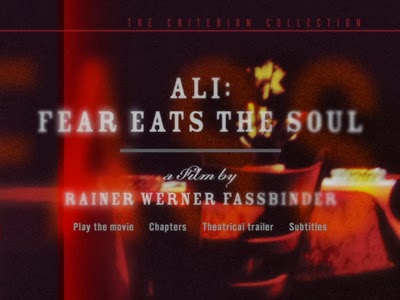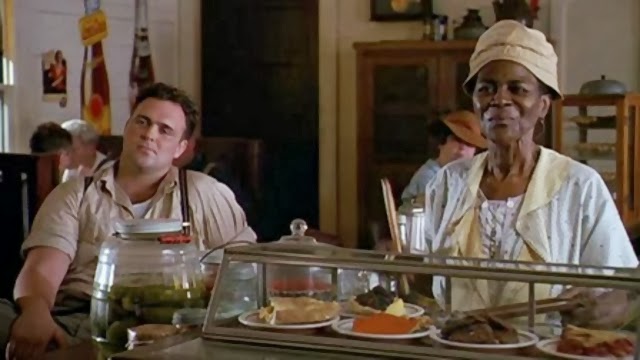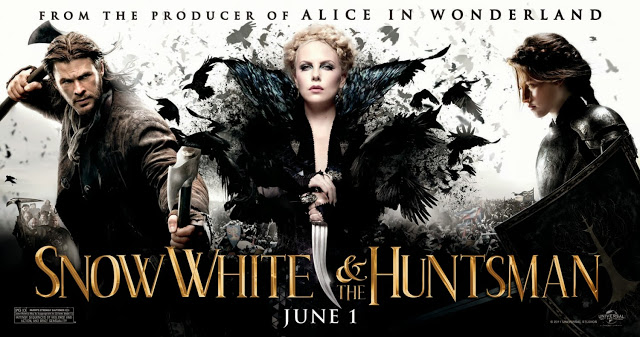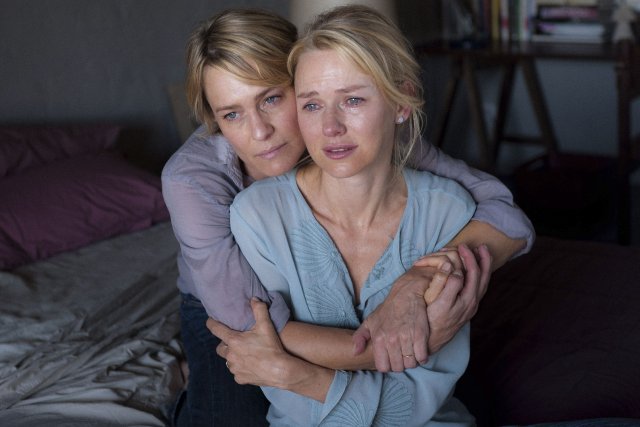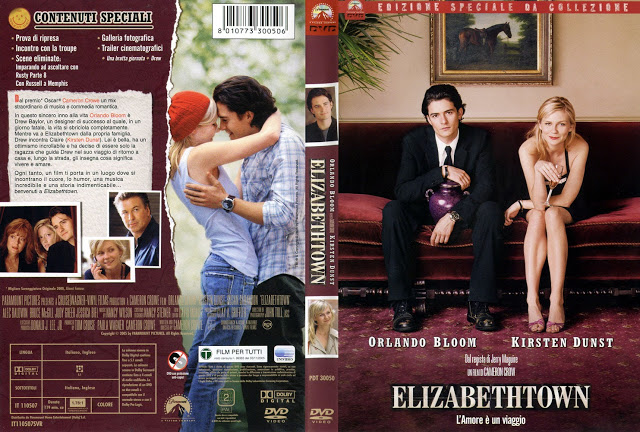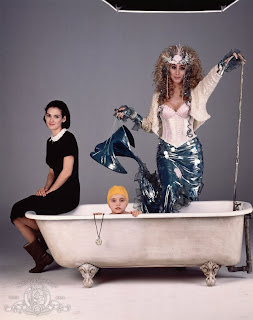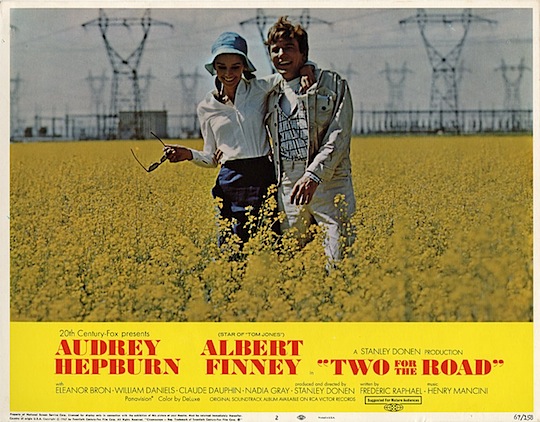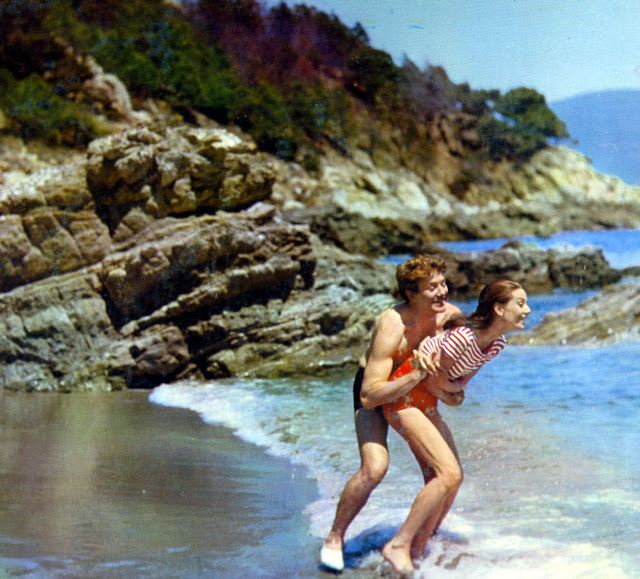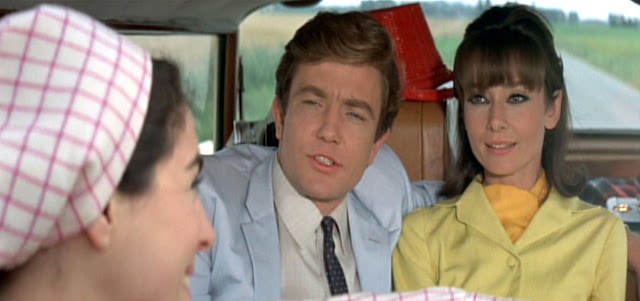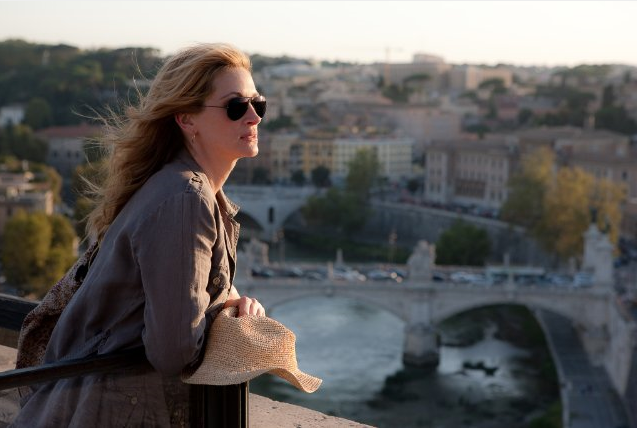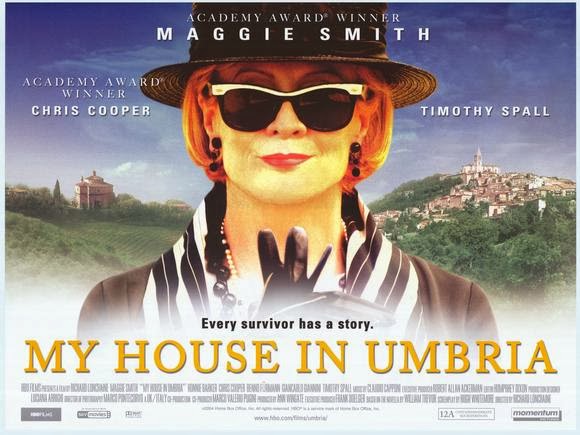 |
Film poster for My House in Umbria
|
This is a guest post by Amanda Civitello.
Emily Delahunty is a writer of fiction. This must be distinctly understood, or nothing wonderful can come of
My House in Umbria, a beautifully atmospheric film by Richard Loncraine starring the inimitable Maggie Smith. Smith shines in a rich role that takes advantage of her great skill. Too often we praise her – as I did for
Bitch Flicks here – for her fantastic comic timing and cut-glass wit, forgetting that she is a dramatic actress as well, and worthy of much better parts than those that ask her to do little more than deliver a one-liner. That’s sadly what seems to garner her recognition these days: an impeccable demonstration of acerbic wit in the form of what Smith deems a “spiky old lady.” In a season of melodrama and over-the-top performances on
Downton Abbey, for example, there was one standout moment of arresting, extraordinary acting, and it belonged to Maggie Smith, standing alone beneath the stone arches in the aftermath of her Lady Sybil’s death. She looked for all the world as if burdened by innumerable sorrow, and it was an utterly heartbreaking image.
My House in Umbria gives Smith the opportunity to exercise her considerable mastery in a part that provides ample moments of similarly reflective silence as well as witty repartee.
In contemporary Italy, a terror attack on a train leaves only four survivors from a carriage of eight. Mrs. Delahunty, of course, is a survivor, as is the General (Ronnie Barker), a young German man (Benno Fürmann), and a little American girl (Emmy Clarke, in a remarkable performance for such a young actress). When the survivors can’t return to their homes until the investigation is complete, Mrs. Delahunty, an English expat, welcomes them to her villa in Umbria. There, they all find healing in each other’s company, the quiet routine of the countryside, and the presence of the little girl orphaned by the tragedy. Aimee arrives at the house rendered mute by the tragedy and the loss of her parents, but through the persistence and attention of Mrs. Delahunty, the others, and the staff – including Timothy Spall in a great turn as Quinty, manager of the estate – she soon finds her voice again, and it is she who inspires healing, forgiveness, and hope in the others. Their insular little community is rocked, however, by the arrival of Aimee’s estranged uncle, who comes to take her back to America, as Aimee’s departure threatens to destroy their tentative peace.
 |
| Maggie Smith as Mrs. Delahunty in My House in Umbria |
“We are the stories we tell ourselves,” director Shekhar Kapur asserted in a
TED talk about creativity, and that’s true; put differently, “We tell ourselves stories in order to live,”
wrote Joan Didion in 1979. We tell ourselves stories to overcome hardship, to reason ourselves out of the incomprehensible. We dream up explanations and embellishments. We protect ourselves and entertain ourselves, and in the end, there is often little difference between what actually happened and what we say happened. After a while, we come to believe the story, to find it true rather than fictitious, and our perspective is shaped accordingly.
“We survived,” Emily is fond of saying to a number of characters in the film – and while she’s obviously referencing the terror attack when she speaks to her fellow “walking wounded” – it’s apparent from its very first utterance that Emily has survived far more than the explosion in carrozza 219. As her story unfolds, we come to discover that Emily is a survivor of childhood abandonment: she was sold as an infant to a childless couple by her parents who had no place for a child in their circus-act lives. She’s a survivor of sexual abuse and a survivor of a succession of abusive relationships. She traveled extensively with boyfriends pursuing extraordinarily odd jobs. Emily recounts her own troubled history as a kind of story, her memories tinged with a distinctly literary tone, and at times – and like the characters – one questions the veracity of some of her stories, particularly when her version doesn’t exactly mesh with another’s. But does it really matter if they’re true or not?
 |
| The surrealist depiction of the terror attack itself |
For Mrs. Delahunty, these kinds of stories seem to come as naturally as breathing: she invents entire lives for the strangers around her – like this writer has done since she started dreaming up stories for the staid nuns teaching her lessons – and relates them with such authority that it’s difficult to retain a critical air about them. We believe the stories Mrs. Delahunty tells because she believes them. Maggie Smith underscores this over and over again. She crinkles her eye, purses her lip, fiddles with her sunglasses or her ever-present glass of grappa in such a way that, even as we believe wholeheartedly in the story Mrs. Delahunty weaves, we can’t help the flicker of incredulity that creeps up. Of course, we do believe her, as the writer intended, but our perception of Mrs. Delahunty is marked by the subtle reminders from Smith to listen with a critical ear.
Because of this, My House in Umbria succeeds primarily on the strength of Smith’s acting. Much of the film consists of an internal narrative, in which we hear through voiceover Smith’s thoughts on the fellow passengers who become her houseguests. She concocts background stories for each of them, a mixture of dreams, astrology, and deductions liberally sprinkled with what she wants their stories to be. She wants to create, for example, a love story between Werner and the young woman accompanying him. When the General takes to Aimee, she decides that it’s down to a bit of guilt about the way he raised his own daughter who perished on the train. These ideas are rooted in her observations, of course, but they aren’t necessarily real. The General might have actually had a very good relationship with his daughter, for example, barring his dislike of her husband, and might not harbor any regrets over her childhood. Of course, he might not, but it doesn’t matter; what matters is that Mrs. Delahunty believes these stories, and we believe them right along with her. It’s to the credit of actors like Timothy Spall, Ronnie Barker, and Chris Cooper that they deliver the kind of quiet, restrained performances that render Mrs. Delahunty’s musings believable.
 |
| Emmy Clarke as Aimee and Maggie Smith as Mrs. Delahunty in My House in Umbria |
Her stories ultimately influence the ways in which she interacts with her guests, most notably Mr. Riversmith (Chris Cooper), Aimee’s estranged uncle. Through a bit of eavesdropping and her own tendency to dramatize a situation, Mrs. Delahunty – to her mind – fleshes out Mr. Riversmith’s character, melding bits of reality (he’s a professor who studies the carpenter ant) with logical extensions and explanations, some of which require her to dismiss the observations that don’t quite fit her narrative. (She steadfastly refuses, for example, to leave him alone as his body language would attest, convincing herself that it’s a front.) Mr. Riversmith, however, is the one guest who fights back against her, refusing her repeated offers of a drink – “You could do with a drink,” Mrs. Delahunty asserts time and again, to which Mr. Riversmith replies, in escalating anger, that he drinks little, if at all, and certainly not at 9am – and suggesting she kindly get her nose out of his business. Yet, Mrs. Delahunty persists, and it’s to Smith’s credit that we cheer her on, and see the value in it, even when it becomes uncomfortable to watch.
The film’s climax sees Mrs. Delahunty, sloshed beyond belief on her grappa, stumble into Mr. Riversmith’s bedroom in the middle of the night, clutching a bottle and two glasses, and demanding that he speak to her (and share a drink, of course). She levels all of her conjectures at him – her reasoning about Werner, her thoughts about healing as a group, the defaults she finds in his character, and, above all, her desperate need to keep Aimee in Italy. She is practically paralyzed with fear and sorrow at Aimee’s leaving; her anxiety reveals itself in a surprising way. There’s always been an undercurrent of latent romance on Mrs. Delahunty’s part; here it bubbles to the surface in a scene achingly sad in its desperation. She opens her robe and offers him her breast, and, to her shock, he shields his eyes and turns away. The anger melds with crushing disappointment in Smith’s expression – but at what? At Riversmith’s refusal? (She is a woman, after all, who remarks in the opening scene that men still continue to give her a second appreciative glance.) At Riversmith’s defiance? We aren’t sure, and neither is Mrs. Delahunty.
 |
| The General teaching young Aimee the Cha-Cha |
For the real truth of Mrs. Delahunty’s stories has nothing to do with actual events or actual personalities and everything to do with seeing the heart of a person or a situation. She has a knack, through her fictionalizations, to make blatantly, disturbingly, brutally honest observations of the people around her. (She cracks the case before the inspector does; not by research and detective work, as he does, but on the strength of a dream and eagle-eyed observation.) And it’s Mrs. Delahunty, therefore, who manages, in a web of conjecture, to get at the core of Mr. Riversmith’s character: his guilt. “Colpa,” she tells him before he throws her out of his room, her voice wavering in her drunkenness. “It means guilt. We all of us feel colpa about something. Do not, I beg you, let colpa stand in the way of your actions.” He responds with an angry, “I don’t know what the hell you’re talking about!”
“I think you do,” Mrs. Delahunty replies. “You feel colpa because you never made peace with your sister. And because of that, you feel obliged to take the child back with you.” He’s never said as much to her, of course – he never mentioned Aimee’s mother apart from a brief acknowledgment that he had never met Aimee because of his falling-out with her mother, his sister.
 |
| The tension between Mrs. Delahunty and Mr. Riversmith comes to a head when she argues with him late at night |
And yet she is right: he does feel guilty, and, the following morning, Aimee returns home, welcomed back into Mrs. Delahunty’s arms in a beautifully shot scene. This parallels the shot of Aimee standing at the window as the carriage explodes, the light bright behind her; in this scene we see her lit from behind, away from the window, locked in a loving, maternal embrace. There’s no need to emphasize the Italian, or to couch her words in bumbling poetry. It’s a literary trick, to use a foreign word in place of an English translation, and one we’d expect to find on the page rather than on screen. But in Smith’s hands it transfers marvelously to film, and we’re reminded, once again, that all of this has been made possible because Mrs. Delahunty sees the world as a writer of fiction.
My House in Umbria is in many ways a meditation on fiction and characterization, on the way we writers create characters from those around us, and fictionalize our friends. It is, on a smaller scale, about grief and about survival. What it is not about is justice: there’s nothing more than the sketchiest of explanations for the perpetration of this crime; there is no arrest, and the terrorist ultimately gets away. This is unsurprising, perhaps, as the attack itself is presented in a dream-like, surreal manner, happening in slow motion as if it’s already a memory. In that particular sense, My House in Umbria is not especially satisfying. But as a film that grapples with the concept of forgiveness in the wake of tragedy, My House in Umbria is hugely successful. For Emily, writing and forgiveness (and guilt, yes) are inextricably linked.
 |
| Aimee’s return home, with the sunlight streaming behind her |
And yet, through all of this, Emily is a writer with a terrible case of writer’s block. She writes the odd phrase in her notebook, but throughout the film, we never see her write. Her literary career is in the past, her interest in her work having been eclipsed by a steadily increasing dependence on alcohol. The ending is happy not just because Aimee returns home but because Mrs. Delahunty seems to find her own footing again. “She’s happier than she’s ever been,” Quinty remarks to the General, and then, Mrs. Delahunty says it herself, marveling that she feels the inspiration to write returning to her after a long winter. What makes Maggie Smith a great actress, of course, is that she develops incredible depth to her characters. Far too often, an older actress must create that intensity for herself out of a supporting part that’s lacking in complexity or that’s rich in tropes. In My House in Umbria, Maggie Smith delivers an exquisite performance that should drive home to screenwriters the necessity of writing complex roles for older women: Smith takes a well-rounded character and rich scenario and makes them so compelling, so enthralling, so utterly fascinating that one wonders why screenwriters aren’t lining up to craft such parts for her. And, more importantly, why the parts waiting for her are reinventions of the same, tired tropes.
Amanda Civitello is a Chicago-based freelance writer and Northwestern grad with an interest in arts and literary criticism. She is the editor of Iris, a new literary magazine with an LGBTQ+ focus for YA readers. She has contributed reviews of Rebecca, Sleepy Hollow, and Downton Abbey to Bitch Flicks. You can find her online at amandacivitello.com.










